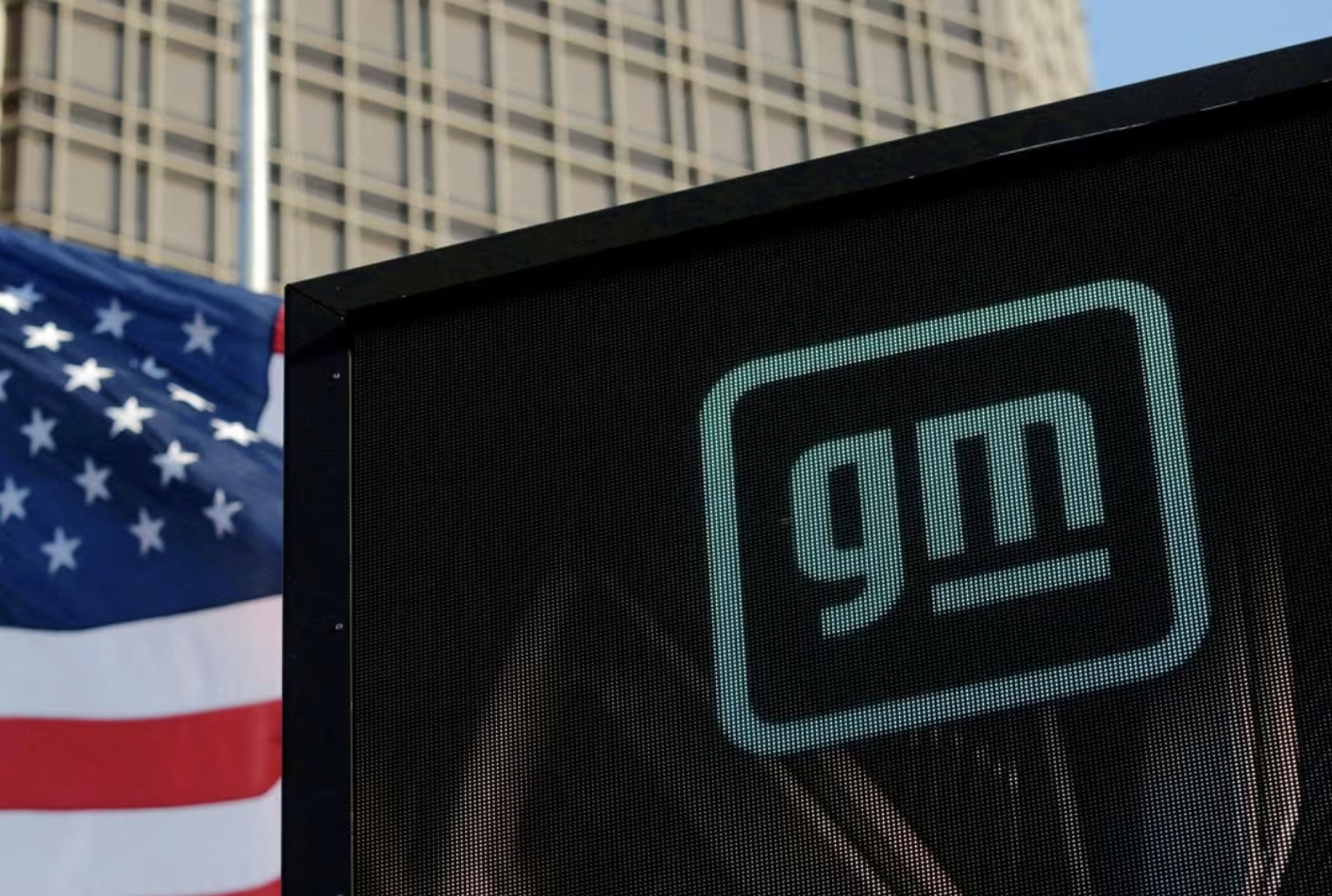(Reuters) – A U.S. appeals court on Tuesday overturned a win for GM in a patent dispute with aftermarket auto-parts provider LKQ over fender designs, upending a key element of design-patent law in a rare full-court decision.
The U.S. Court of Appeals for the Federal Circuit threw out a long-standing test, for determining when a design patent is valid and sent the case back for a U.S. Patent Office tribunal to reconsider.
Representatives for GM did not immediately respond to a request for comment on the decision. LKQ said in a statement provided by its attorney Mark Lemley of Lex Lumina that the decision is “a critical first step to ensuring consumers have a range of safe, quality options when making vehicle repairs.”
Design patents protect novel visual characteristics of manufactured objects. LKQ asked the USPTO’s Patent Trial and Appeal Board in 2022 to cancel a GM design patent covering a front vehicle fender after their licensing agreement expired and GM threatened to sue for infringement.
LKQ argued GM’s patent was invalid as obvious, citing two earlier designs that it said created the same visual impression. The board ruled for GM, and a three-judge panel at the Federal Circuit affirmed the decision last year.
The full Federal Circuit agreed last June to rehear the case, marking its first full-court rehearing in a patent case since 2018. It said it would reconsider LKQ’s argument that the obviousness test for design patents was overruled by a 2007 Supreme Court decision that rejected “rigid and mandatory formulas” for obviousness in the context of utility patents, which cover inventions.
Auto-parts companies told the appeals court that upholding the decision would make replacement parts more expensive and harder to obtain. Apple and car companies including Ford asked the court to keep the current test, which Apple argued would “maintain a predictable patent landscape for U.S. design innovators.”
The Federal Circuit agreed with LKQ on Tuesday that the current test was “improperly rigid” and that courts should adopt a “more flexible approach” that resembles the test for utility-patent obviousness.
“This test has proven workable for utility patents and we see no reason why it would not be similarly workable for design patents,” U.S. Circuit Judge Kara Stoll wrote.
The case is LKQ Corp v. GM Global Technology Operations LLC, U.S. Court of Appeals for the Federal Circuit, No. 21-2348.
For LKQ: Mark Lemley of Lex Lumina
For GM: Joseph Herriges of Fish & Richardson
Reporting by Blake Brittain in Washington











